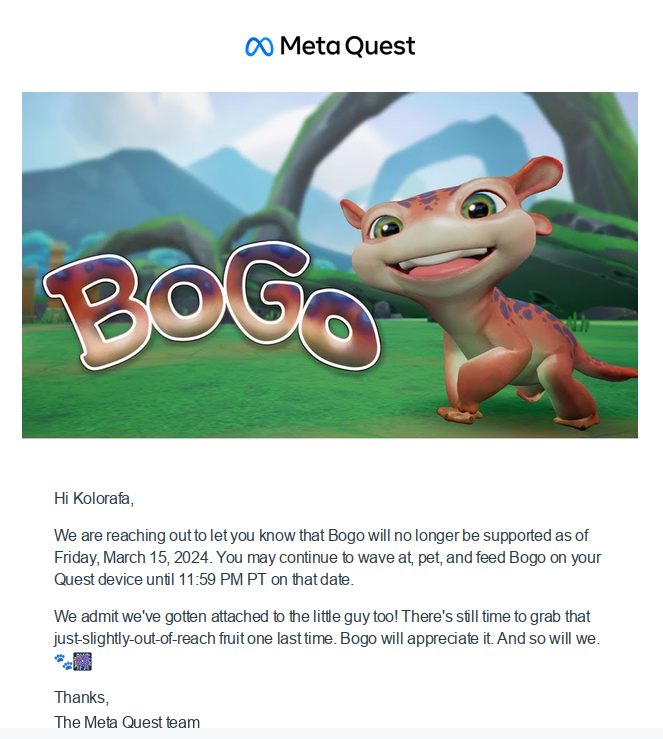This should be illegal, companies should be forced to open-source games (or at least provide the code to people who bought it) if they decide to discontinue it, so people can preserve it on their own.

This should be illegal, companies should be forced to open-source games (or at least provide the code to people who bought it) if they decide to discontinue it, so people can preserve it on their own.

deleted by creator
Yes, and this can be done through mostly automatic or distributed processes.
I wouldn’t describe it as complex, just the bare minimum of what is required to actually preserve data with no loss. All physical mediums may degrade through physical processes, but redundant systems can do better.
It isn’t hard to seed a torrent. If a group of people want to preserve a file, they can do it this way, perfectly, forever, so long as there remain people willing to devote space and bandwidth.
All of these problems boil down to intent. Do people intend to preserve a file, do they not care, do they actively favor degradation? In the case of the OP game, it seems that the latter must be the case. Same with Youtube, same with all those media companies removing shows and movies entirely from all public availability, same with a lot of companies. If someone wants to preserve something, they choose the correct algorithms, simple as that. There isn’t necessarily much of a tradeoff for efficiency and ease of use in doing so, disk space is cheap, bandwidth is cheap, the technology is mature and not complicated to use. Long term physical storage can be a part of that, but it isn’t a replacement for intent or process.
deleted by creator
And I am saying complexity has little to do with it and also that a system can exist that will not fail.
Specifically why not? What is unrealistic about this scenario, assuming enough people care to continue with the preservation effort? All nodes must fail simultaneously for any data to be lost. The probability of any given node failing at any given time is a finite probability, independent event. The probability of N nodes failing simultaneously is P^N. That is exponential scaling. Very quickly you reach astronomically low probabilities, 1000 years is nothing and could be safely accomplished with a relatively low number of peers. Maybe there are external factors that would make that less realistic, like whether new generations will even care about preserving the data, but considering only the system itself it is entirely realistic.
deleted by creator